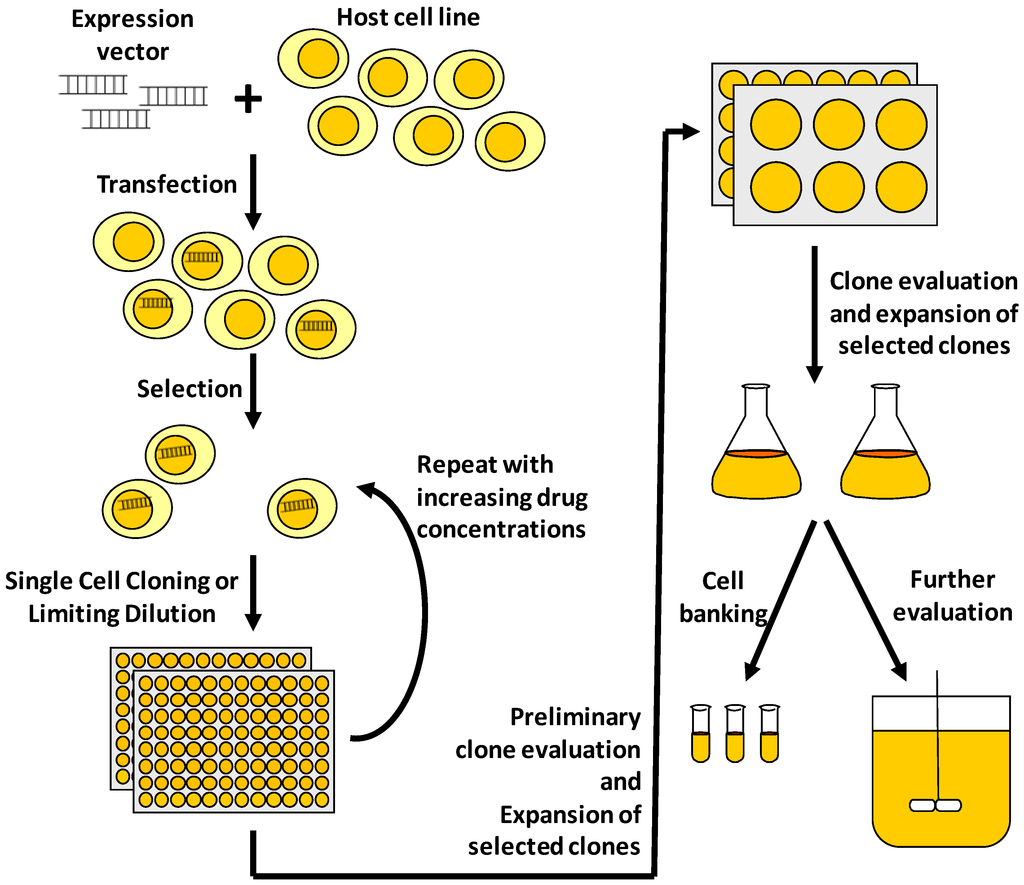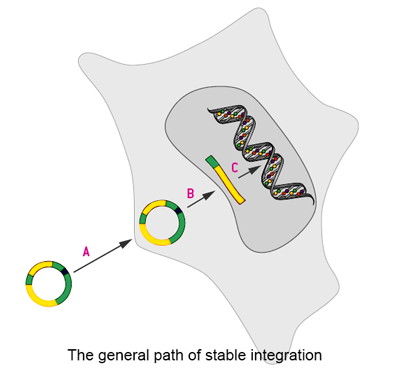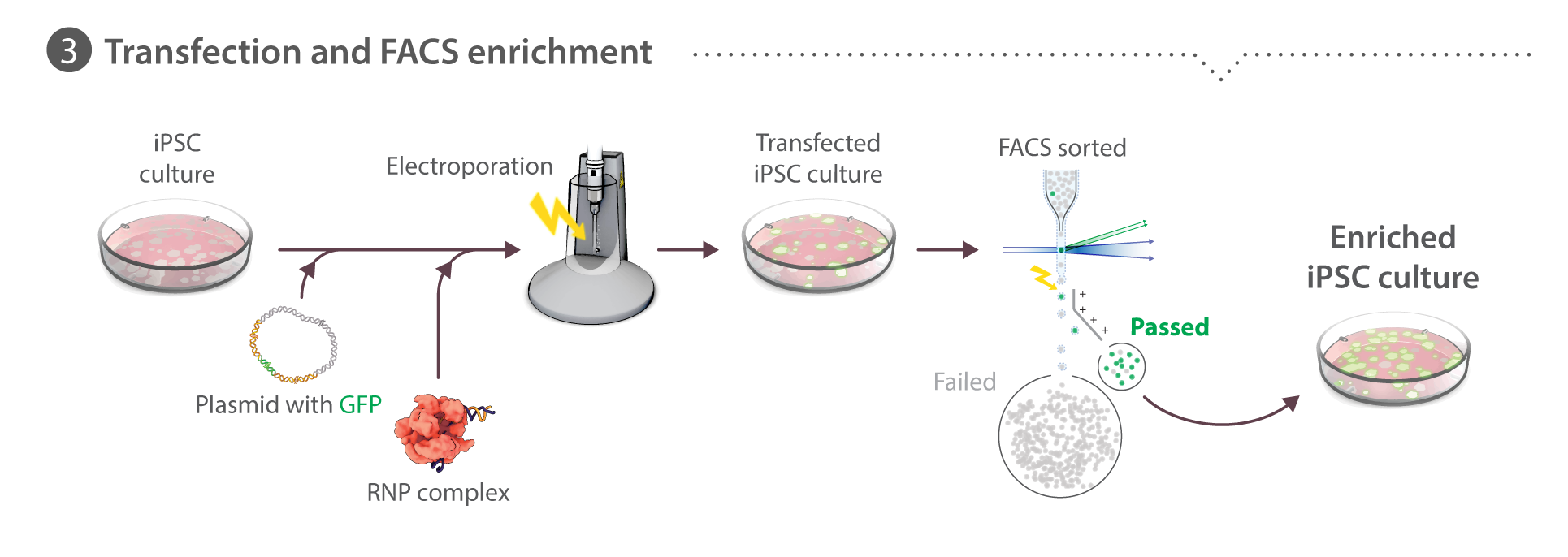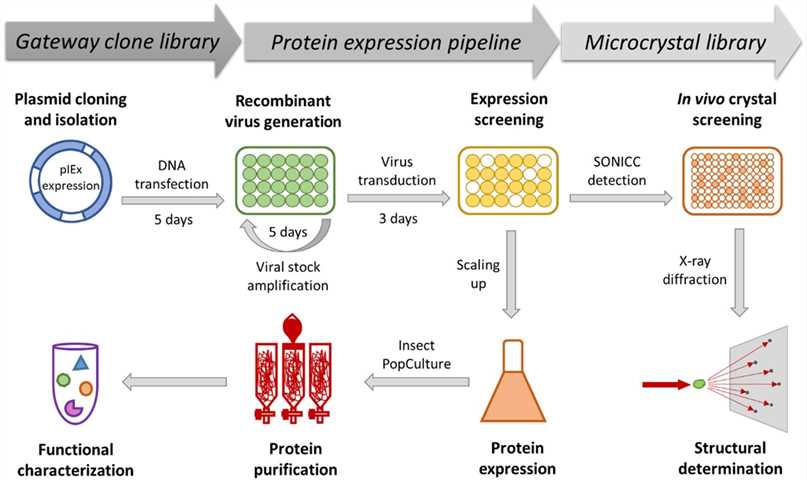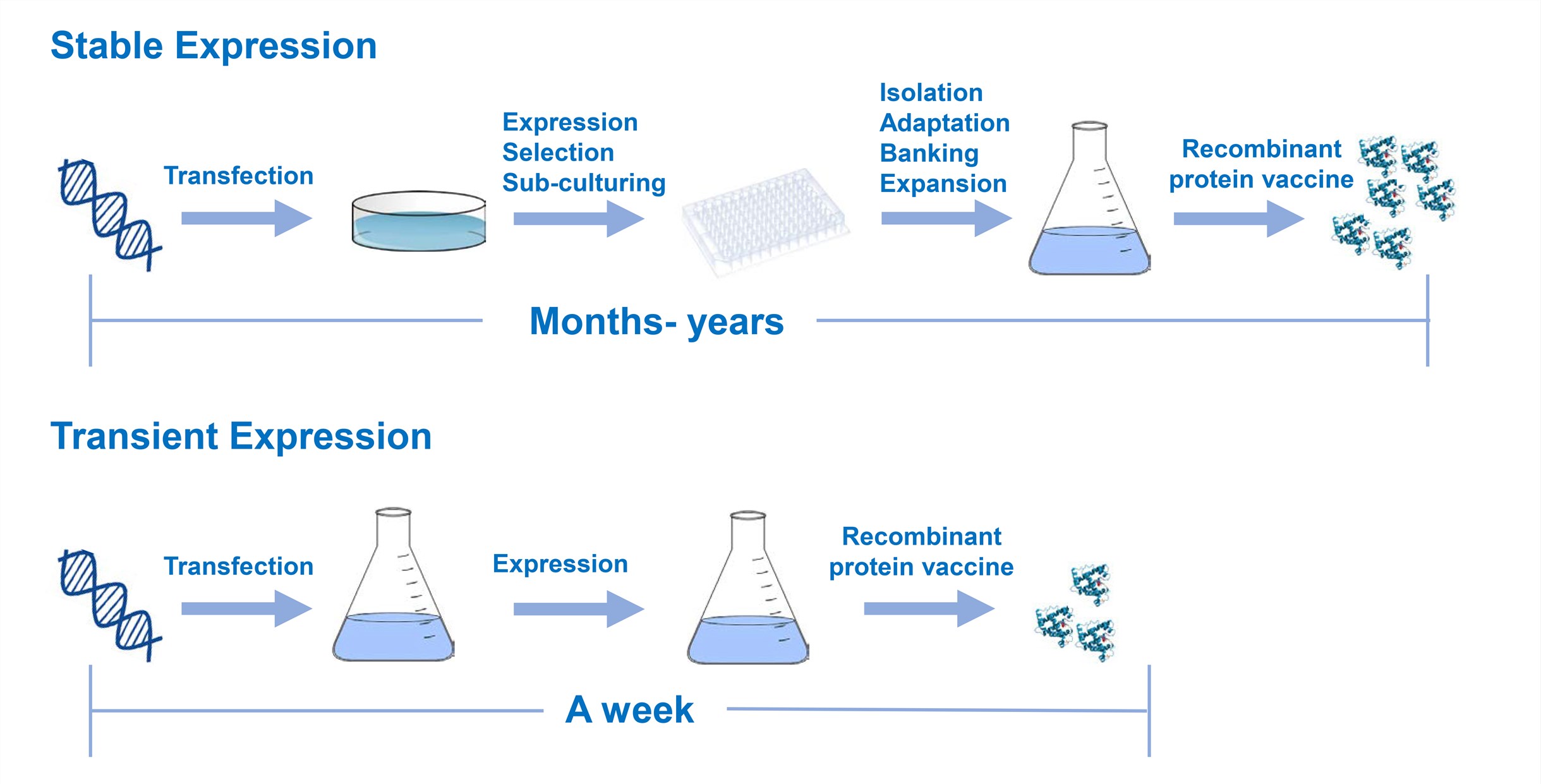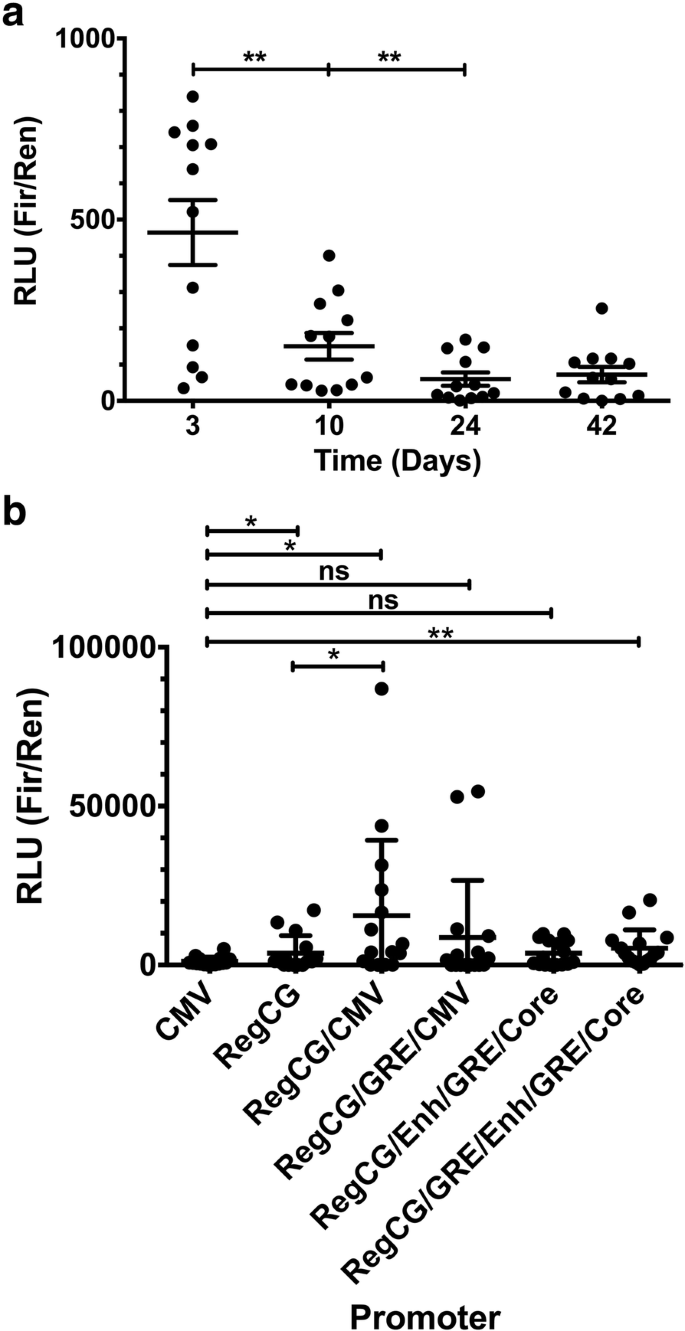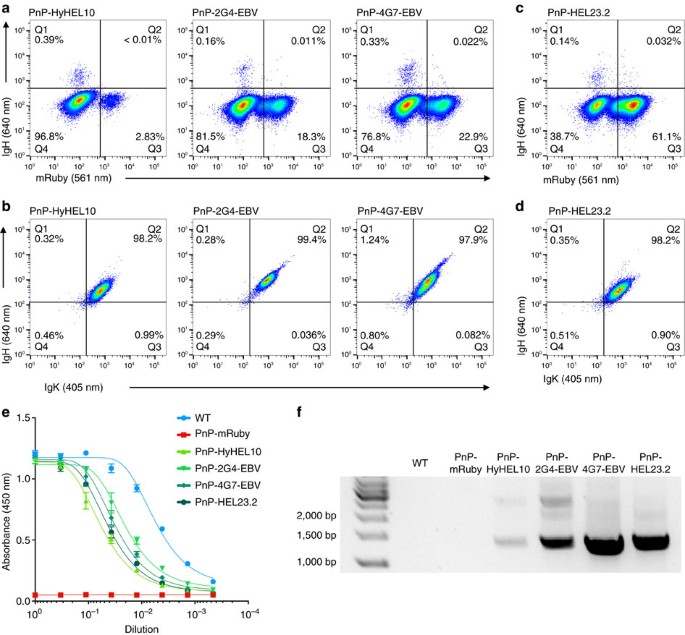Deciding whether you need transient or stable transfection depends on the time frame and ultimate goal of the experiment you wish to conduct.
Stable cell line vs transient transfection.
In transient transfection the transfected material enters the cell but does not get integrated into the cellular genome.
Because the stable transfection of cells is a longer and more arduous process it is practical for rab production on larger scales.
One of the key issues for the use of transient transfection is the difference in mab glycosylation from transient transfection of hek293 cells versus stable cell lines such as cho cells.
The plasmid dna or other type of nucleic acid typically has a reporter gene that allows a scientist to monitor the expression of the reporter gene usually within 1 2 days post transfection.
During initial selection process when research.
Transient transfection has not been used for manufacturing nor has it been used widely for the production of gmp materials.
When developing a stable transfection researchers use selectable markers to distinguish transient from stable transfections.
Stably transfected cells pass the introduced dna to their progeny typically because the transfected dna has been incorporated into the genome but sometimes via stable inheritance of nongenomic dna.
Sirna is a better choice for primary culture when cells could not be cultured for longer time.
Unlike transient transfection in which introduced dna persists in cells for several days stable transfection introduces dna into cells long term.
For cell line stable transfection would be better.
Key difference transient vs stable transfection transfection is a process which is involved in the gene transfer of eukaryotic cells using chemical or physical methods.
Transient expression vs stable expression.
Of stable and transient transfectants have improved productivity and reduced timelines leading to some debate over whether it is better to use transiently or stably transfected cell lines during development.
Descendants of these transfected cells also express the foreign gene resulting in a stably transfected cell line.
Transiently transfected cells are typically harvested 24 96 hours post transfection and are often used for studying the effects of short term expression of genes or gene products performing rna interference rnai mediated gene silencing or rapidly.
Although transient transfection procedures for cho suspension cell lines have improved they still typically yield only between 20 100.





